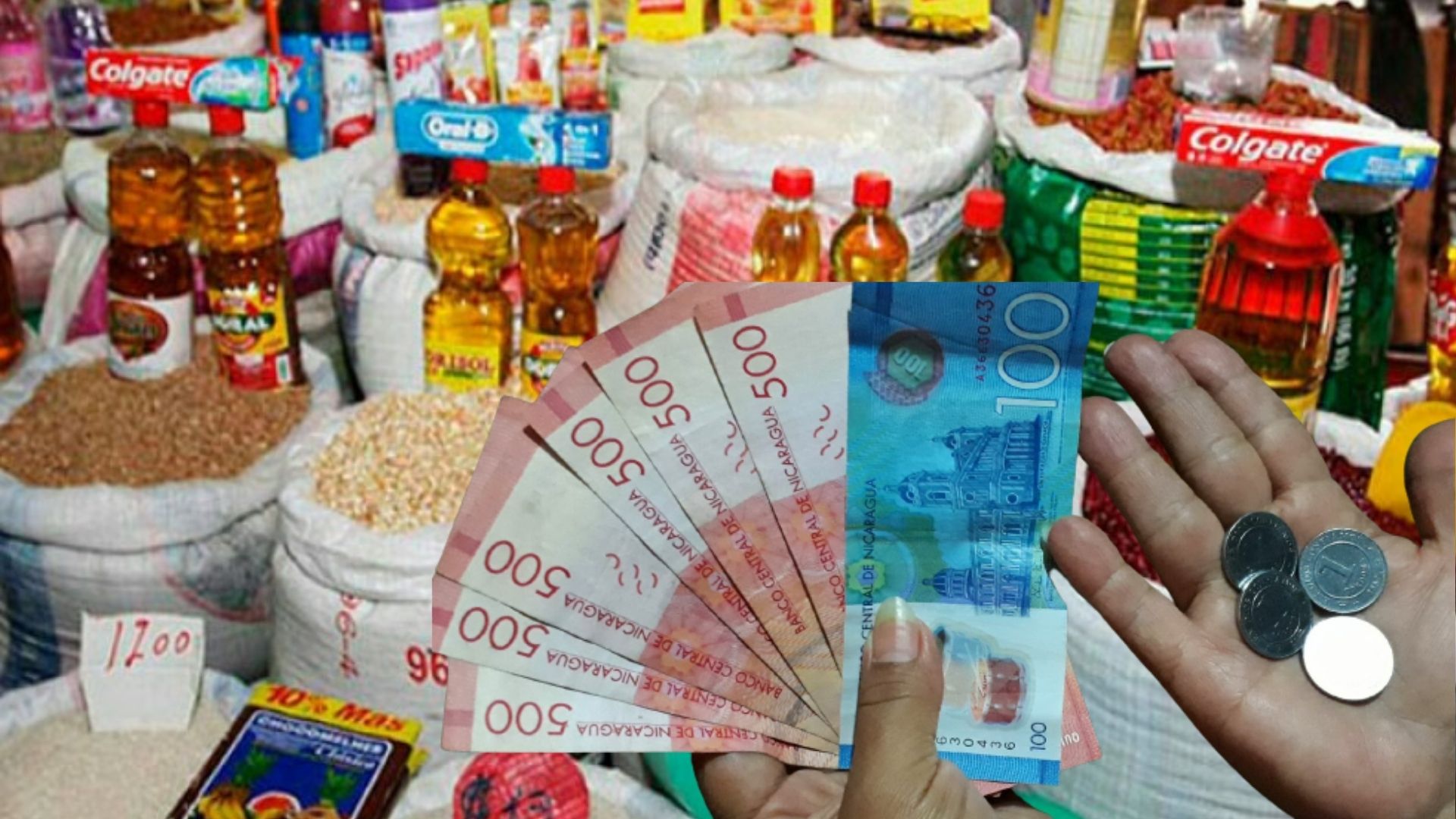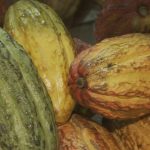The so-called General Consumer Price Index (IPCG) has slowed, while food prices have increased in recent months, however, economist Néstor Avendaño believes that the Government should soon reduce the Monetary Reference Rate (TRM) that would allow bank loans to become cheaper and therefore, stimulate investment.
In his monthly analysis of the country’s economic situation, published in his Economics Blog and updated on July 13, economist Néstor Avendaño argues that, according to figures published by the National Institute for Development Information (INIDE), inflation for June of this year has dropped by as much as 4.82%, a level very close to the maximum interannual inflationary range of the country’s economy, which, for the expert, means that the economic authorities “are trying to reach the “natural” interannual inflationary range” of the Nicaraguan economy, which is between 4.0% and 4.5%.
Government must lower interest rates to facilitate investment
Avendaño points out that the IPCG has indeed reflected a “deceleration from 5.45% in May to 4.82% in June” and an accumulated inflation rate this year of 2.86%. These conditions, the economist warns, should allow the government to lower the TRM of the Central Bank of Nicaragua (BCN), “which has remained “frozen” at the level of 7.0% since December 2022,” or on the other hand, the regime could opt for a “decrease in the cost of debt.”
If the Government does not reduce the country’s TRM, according to the economist, “it would make monetary policy more restrictive, more contractive, but the Nicaraguan economy is not “overheating” because the IPCG and the Underlying Price Index (IPCS) are indicating progress towards lower inflation.”
Related news: Ortega increases the limits of external indebtedness for the Central Government by more than US$550 million
In this context, Avendaño warns that, “if the BCN waits too long to lower interest rates in order to ensure the reduction of high inflation, it could slow down economic growth too much and cause a recession and higher unemployment.” Whereas, if the measure is taken before the opportune moment, seeking to support economic growth, “it could accelerate the rate of inflation.
IPCG slows down but food prices continue to rise
In his analysis, the economist maintains that, despite the slowdown in the GPI, the food basket continues to rise, affecting the poorest.
«Consumer prices for food and non-alcoholic beverages are those that are reflecting the greatest inflationary acceleration, 7.55%, in June 2024, which mainly affects the low-income population. It is worth mentioning that the interannual inflation rate for the cost of the basket of 53 basic consumer products was equal to 7.75% in the month of June of this year,» adds Avendaño.
According to the price index recognized and published by INIDE, the basic basket of goods in Nicaragua, for June of this year, reached a cost of C$ 21,014.7, equivalent to US$ 573.8. While the current average minimum wage is only US$ 234.
In the midst of this economic environment that contrasts between the slowdown of the general price index and the increase in the cost of food, “there is uncertainty that consumer prices are slowing down while there is no updated data available on the labor market, the open unemployment rate, the inactivity rate, the average nominal salary, labor productivity or the economy, among others,” concludes the expert.
What is TRM?
The Monetary Reference Rate (TRM) is the interest rate used by the BCN as a reference to indicate the cost in córdobas of monetary liquidity operations. The interest on financing (loans) throughout the country’s financial system is “anchored” to this reference.
A “contractive” monetary policy reduces loanable funds, that is, the supply of credits from the banking sector, and forces the agents that depend on this financing to “reduce their investment levels”, hindering the country’s development.
















